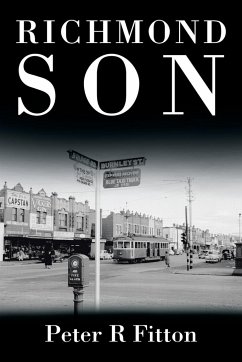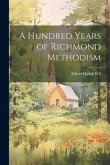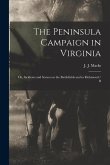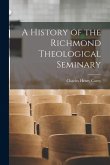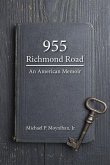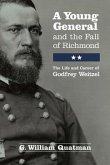Richmond Son is a snapshot of the life and times of a boy during the 1950s. He lives in Richmond, an old and tired suburb on the doorstep of Melbourne. Peter attends St James, North Richmond, a Catholic primary school were the pupils are taught by nuns. It's struggling under the pressures of a burgeoning student population, the effects of the post war immigration boom and the baby boomers. There's no government funding and few new nuns. A sense of antagonism is swirling just below the surface as Catholics continue to battle under the gaze of an indifferent Protestant majority. But unforeseen changes are about to occur which will ultimately transform this situation. Peter's parents were strugglers. Like many of that time, they had been faced by a future without opportunity. First there had been the social, political and educational abyss of the 1930s depression, where adult unemployment reached 30%. Then the war arrived, which led to conscription for my father and factory work for my mother. When war's end finally came, a whole generation would look back upon a fifteen year period that had been laced with fear and despair. By the middle 1950s, our splendid city of Melbourne was on the cusp of great change. The Olympic Games were about to transform it and so was black and white television. Millions of new migrants would complete the transformation. Peter reflects upon how it used to be, seen through the eyes of a boy just eight years old.

